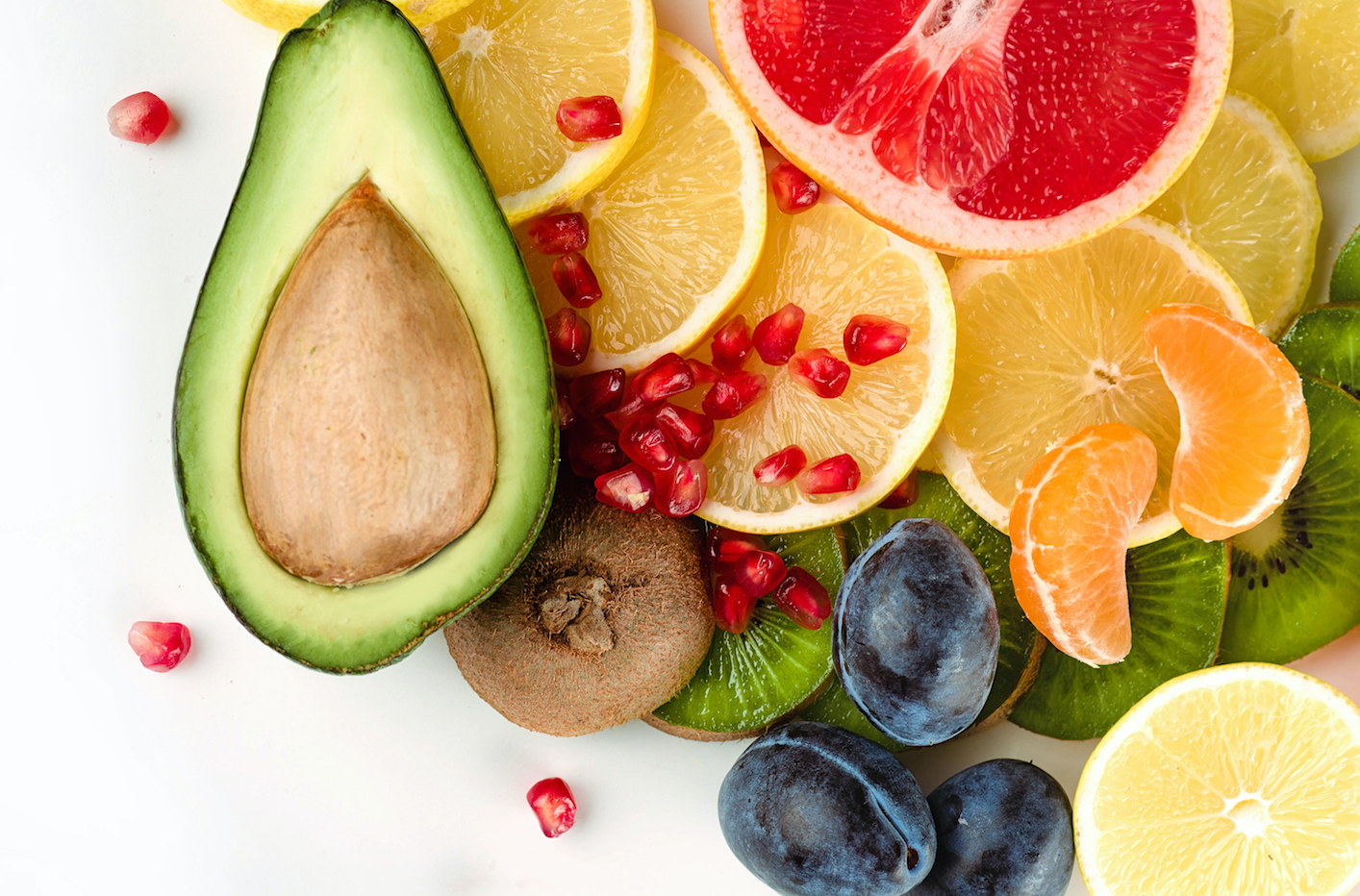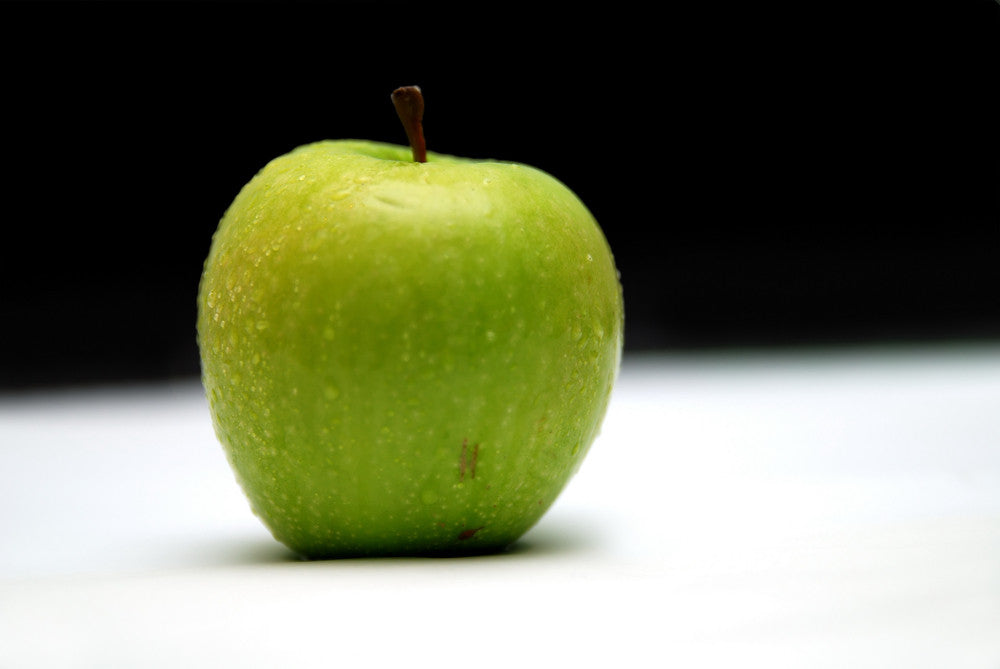
Lower Your Blood Sugar Naturally with these Easy Tips!
It is the major goal for people with diabetes to check their blood sugar and see the right numbers. Some aim to get there naturally, without needing to take insulin. If you have diabetes, you already know that this is not a short-term target. Nutrition experts suggest lifestyle changes, super greens with probiotics, and organic fruit or vegetable supplements to reduce blood sugar.
Approximately a third of Americans have prediabetes, and 84% are unaware. Therefore, everyone should try to maintain their blood sugar levels at a healthy range whether they have or don't have diabetes.
Here are a few tips on lowering your blood sugar levels:
1. Pay Attention to Those Carbs
Carbohydrates are broken down into sugars that are later moved to cells by insulin. Thus, they have a huge influence on blood sugar. High carbs intake may disrupt how insulin functions, causing a high blood sugar level. According to the CDC, carbs consumption per day should be 200g to 245g, or at most 45% of your total calorie intake.
Refined carbs are the best to avoid as they have sugar. Natural carbs, on the other hand, have fiber and naturally occurring sugars. You should also note that carbos are not present in bread, pasta, and potatoes only! They are in veggies, fruits, and dairy too, so calculate your carbohydrate intake precisely.
2. Exercise, Rest Enough and Drink Plenty of Water
Changing your lifestyle to manage blood sugar is a must if you want to keep those numbers at a healthy level. First, try to shed off a few pounds and exercise more. The reason being, extra weight prevents the full functioning of insulin. Studies show that patients with diabetes noticed regulated sugar levels by losing 5-10% of their bodyweight only.
Next, Hydrate! Hydrate! Hydrate! Drinking water constantly dilutes glucose, consequently lowering your blood sugar levels. Water also helps the kidneys excrete excess sugars in the body. Forget about other beverages that have added sugars and carbonated drinks.
Third, exercise frequently and do away with stress. Exercise will use excess glucose for muscle contraction, and sweating will help you cut down some weight. A study showed that people who lose nearly seven percent body weight and exercise for at least 150 minutes a week over three years reduced the risk of type 2 diabetes by 58%.
3. Add Fiber and Supplements to Your Diet
About 42% of Americans are Vitamin D deficient, whereas a whopping 95% is fiber deficient. Many dietitians and nutritionists recommend using supplements to reduce blood sugar. Fish oil, nutritional products, super greens with probiotics, and all-natural energy supplements are a great addition to your diet. When the food you eat does not provide enough vitamins and minerals, try organic supplements.
Non-GMO Fruit and Vegetable Supplements to Reduce Blood Sugar
Anyone with diabetes or at risk of getting diabetes should consider a healthy lifestyle to help manage their blood sugar. However, it is vital to consult with your healthcare provider before taking any supplements. Additionally, do not replace medication with supplements unless your doctor/nutritionist advises.
It is important to consult with your doctor on how to live with diabetes, medication, and supplements. And while there is no replacing insulin fully, adding supplements can help you to reduce blood sugar in your body. Shop now at BioPharma Scientific and get all-natural fruits and vegetable supplements.



Leave a comment
This site is protected by hCaptcha and the hCaptcha Privacy Policy and Terms of Service apply.